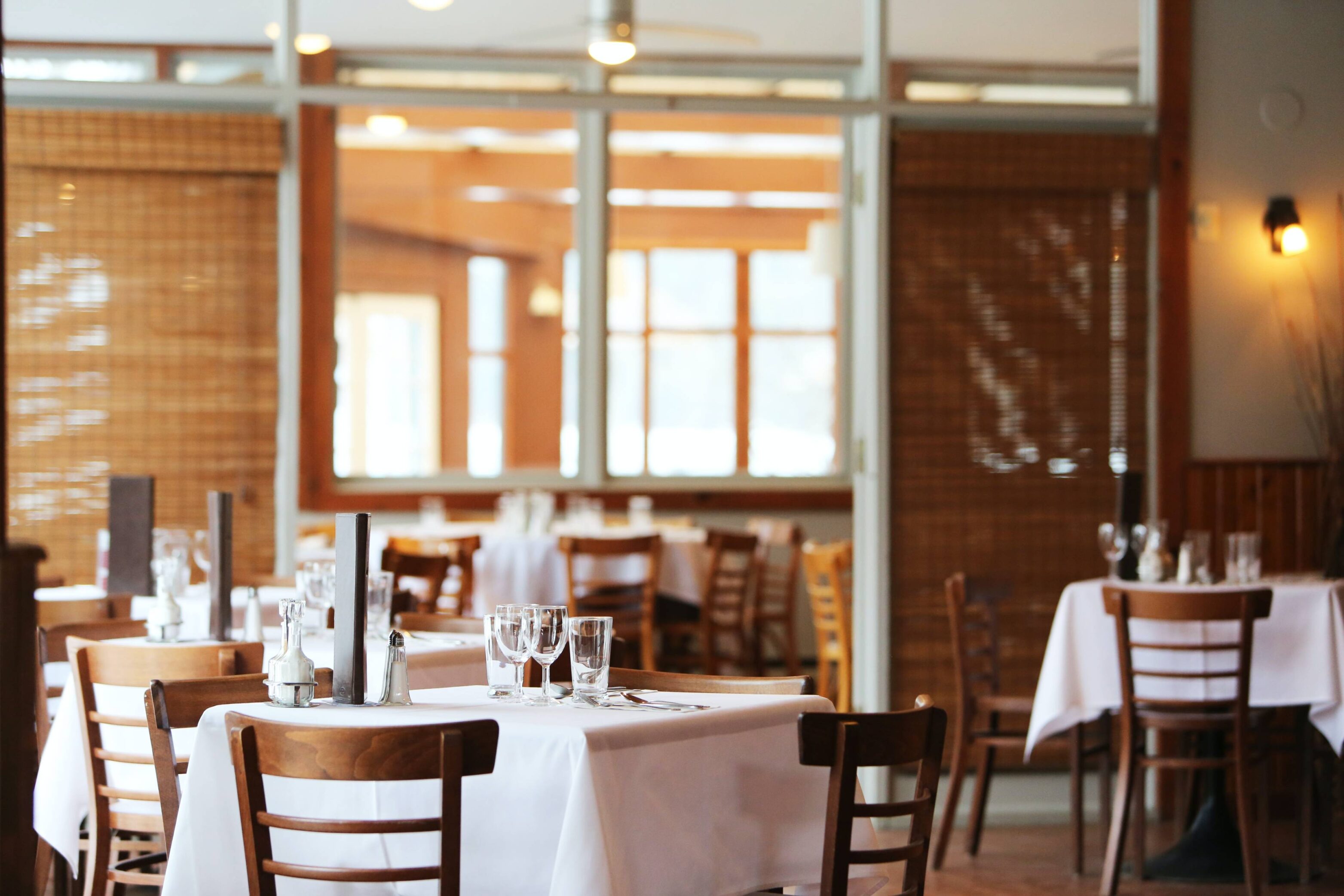Running a successful restaurant can be challenging, but with the right metrics in place, it can be a rewarding venture. Metrics can help track the performance of your restaurant so you can make data-driven decisions that lead to increased profits and customer satisfaction.
In this article, we will discuss vital metrics to track for a successful restaurant. To ensure implementation, document these metrics in your business plan. For comprehensive guidance, use this restaurant business plan template.
-
1. Sales
One of the most important metrics is sales. Keep a close eye on your daily, weekly, and monthly sales to determine how your restaurant is performing. By analyzing your sales data, you can identify trends and make informed decisions about pricing, menu offerings, and promotions.
2. Table Turnover Rate
The table turnover rate refers to the number of times a table is occupied within a specific time period. A higher table turnover rate means that you are serving more customers and generating more revenue. Improve this metric by optimizing seating arrangements and streamlining service processes to turn tables more quickly.
3. Average Check Size
The average check size refers to the amount each customer spends during their visit to your restaurant. Tracking this metric can help identify which menu items are the most popular and profitable.
4. Food Cost
Food cost tracks the cost of ingredients and food supplies that go into making dishes. High food costs can lead to reduced profitability and a need to increase menu prices. By tracking food costs, you can determine which dishes are more profitable and adjust your menu accordingly.
5. Labor Cost
This metric measures the cost of labor, including wages, benefits, and taxes. High labor costs can impact profitability and require adjustments in staffing or hours. By tracking labor costs, you can identify ways to optimize staffing, reduce overtime, and increase efficiency.
6. Customer Satisfaction
Customer satisfaction is another critical metric for measuring the success of your restaurant. Satisfied customers are more likely to return, leave positive reviews, and recommend your restaurant to friends and family. Measuring customer satisfaction can be done through feedback surveys, social media reviews, or in-person interactions with customers.
The ability to consistently track and optimize these essential metrics is a key factor in achieving long-term success. By monitoring these metrics, you can gain valuable insights into the health of your restaurant business and make informed decisions to improve your bottom line.





